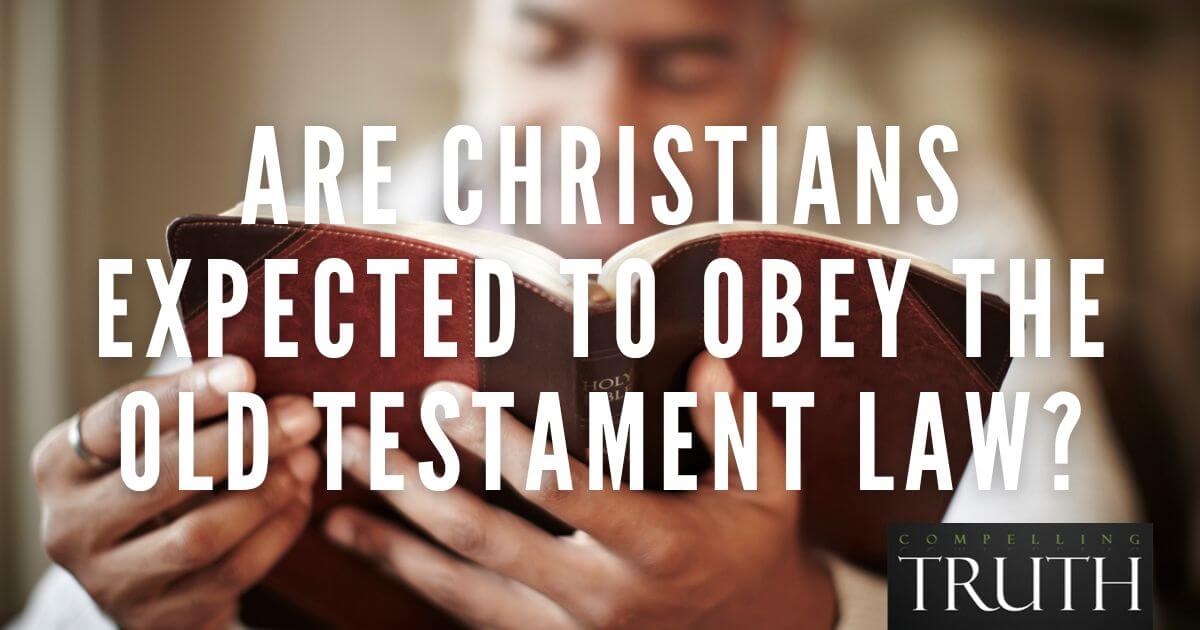In the Old Testament, the Mosaic law was given to Moses on Mount Sinai and served as the authoritative statutes for Israel during the period before Christ came to fulfill the Law and the Prophets (Matthew 5:17). The Law revealed the seriousness of our sin and provided the way God called His people to respond to sin. Yes, the Old Testament contains instructions about stoning stubbornly rebellious children, found in Leviticus 20:9 and Deuteronomy 21:18–21. However, the process required substantial evidence and community involvement, including the consent of parents and town leaders. While these commands were meant to emphasize the seriousness of rebellion and uphold justice, there is no record of their actual enforcement. Today, although we are not bound by the Old Testament law, the New Testament teaches us to take sin seriously, to fear God, and to honor our parents and maintain respect, reflecting God's ongoing principles of family order and authority.
The Old Testament laws of stoning stubbornly rebellious children reveals the serious consequences of disrespect and rebellion, highlighting the importance of maintaining strong family and community structures. While the Old Testament commands are striking and severe, they also illustrate a deep commitment to justice and order. The establishment of the law was for our good and to reveal the severity of sin. It also gave specifics of what was to be punished. Rebellion challenges God’s established authority. Rebelling against one’s parents is ultimately rebelling against God, who established the family and the beauty of order within relationship. While we no longer stone rebellious children, nor do we know if this was ever done, we do know that God calls us to fear Him (Proverbs 1:7; Ecclesiastes 12:13; Deuteronomy 10:12), to take sin such as rebellion seriously, and to honor our parents (Ephesians 6:1–3). We honor our parents when we demonstrate respect, obedience, and love, reflecting our understanding of God’s design for family and authority. By upholding these values, we not only foster harmonious relationships within our homes but also align ourselves with God's broader principles of justice and order. Honoring our parents honors God and promotes a healthy, thriving community.




